|
|
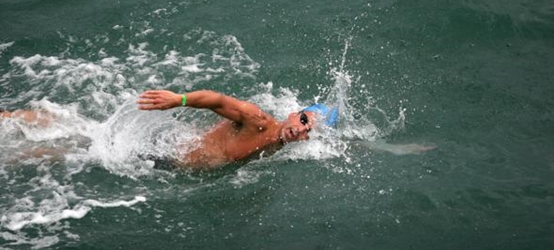
 |
Doing the Math for Open Water Swim Racing
Eney Jones, Pool and Open Water Champion
|

|
"You just keep pushing. You just keep pushing. I made every mistake that could be made but I just kept pushing.”
René Descartes, French Philosopher and Mathematician
It is no surprise then that some of the greatest open water swimmers are some of the most intelligent people you will ever meet, examples are, Eva Fabian (Yale student) Alex Meyer (Harvard graduate) Alex Kostich (Stanford graduate). As Seneca, the Greek Philosopher said, ”Luck happens when preparation meets opportunity”. The better prepared you are, the better your luck will be.
Open water swim racing preparation and strategy includes doing some math calculations involving numerous factors including:
Water temperature and air temperature
Tides and currents
Wind and waves
Water salinity
Tidal coefficient
Sun position
Alex Kostich, multiple winner of the Waikiki Rough Water swim, advises us to do the race finish at the exact same time you will be finishing the day before the race. This he adds will help you navigate that tricky finish and spot landmarks to expedite your finish.
The below equation was made by Alex Meyer, World Open Water 10k Champion, 2012 Olympian, and Harvard graduate, in preparation for a race.
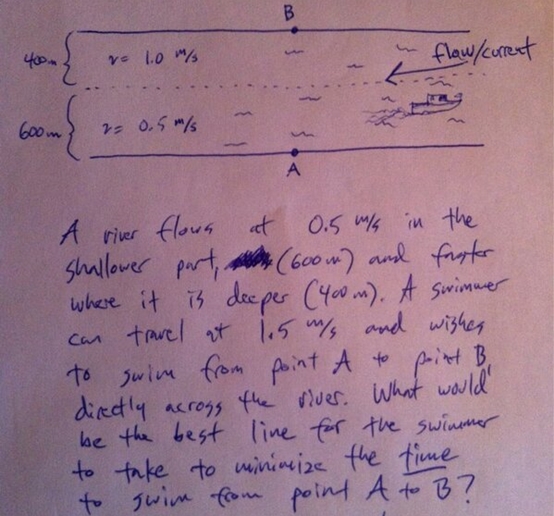
Swimming technique to me is an equation. S= D+P+L+T . Swimming = Depth + Power + Length + Tempo. Much of my technique struggle is how to get one without losing the others.
Water temperature and air temperature.
Water temperature and air temperature are important as to what you should wear and how you should hydrate. Do you need to talk salt tablets or potassium?
Tides and currents.
Tides and currents can make the same swim incredibly different on a daily basis. A good site for this is on the National Oceanic and Atmospheric Administration website (See NOAA). If it is strong you will want a higher tempo with a committed long anchor catch to hold your line.
Wind and waves. Wind and waves make a difference in how high you want the recovery part of your stroke.
Water salinity. Water salinity will affect how you float. If it is high it will be like pulling with a buoy or wearing a wetsuit
Tidal coefficient.
The tidal coefficient is the difference between high and low tides. This will be greater during full or new moons.
Sun position. The sun position will affect your navigational abilities and pack spotting abilities.
Math is the study of quantity, structure, space and change. Four things that are present in open water racing. And if you are still wondering about Alex’s problem; I solved it here:
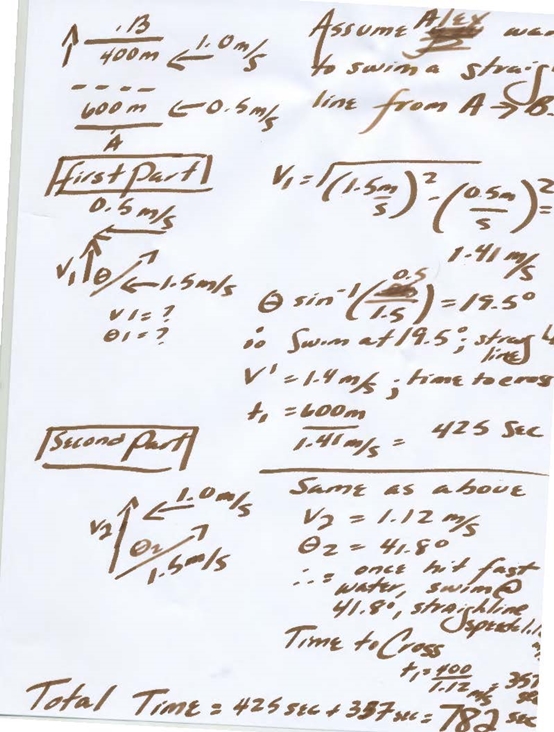
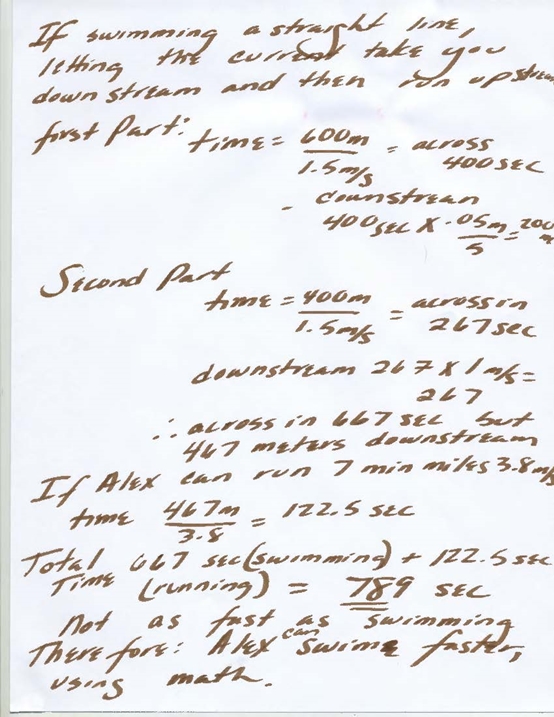
Eney Jones has achieved remarkably diverse success as a leading pool, open water and Ironman triathlon swimmer, and is also a yoga instructor.
- Masters National Champion 100-200-400-500-1500-1650 5k freestyle 2009
- Open Water 5k Champion Perth Australia, May 2008.
- National Masters Champion 200-400-1500 freestyle Champion, Portland Oregon, August, 2008.
- Overall Champion Aumakua 2.4k Maui Hawaii, September 2008
- Waikiki Rough Water Swim 3rd place 2006, second place Overall 2009, 3rd place 2012
- European Record Holder and Masters Swimming Champion, 2005. Records included 200, 400, 800, 1500 m freestyle
- Over twenty time finalist in U.S. Swimming Nationals, including Olympic Trials 1980
- Gold medal NCAA 800 yd freestyle relay 1979, silver Medalist 200 yd freestyle 1979. United States National Team 1979-1980.
- Professional Triathlete 1983-1991. First woman out of the water in every Hawaiian Ironman participated (6).
More about Eney Jones
More about René Descartes
<-- back to top |
1Vigor Log Contest
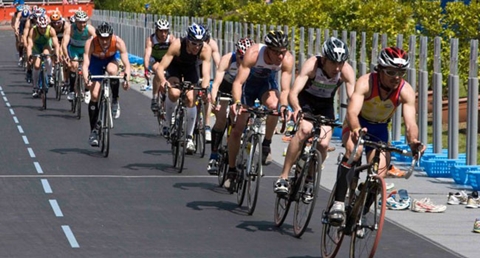 Win Prizes! Prizes to the Male and Female who logs the most distance running, hiking, swimming, cycling, pushups on the 1Vigor Log . . . Read more
Win Prizes! Prizes to the Male and Female who logs the most distance running, hiking, swimming, cycling, pushups on the 1Vigor Log . . . Read more |
Books on 1Vigor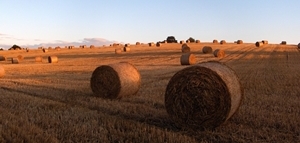 Recommended reading on swimming, running, cycling, adventure, natural health, nutrition, brain power, nerve force, men's health, hiking, women's health . . . See Books!
Recommended reading on swimming, running, cycling, adventure, natural health, nutrition, brain power, nerve force, men's health, hiking, women's health . . . See Books! |
 Articles on Open Water Swimming
 A Pool Workout to Increase Open Water Swim Finish Speed!, Trent Grimsey, 1Vigor A Pool Workout to Increase Open Water Swim Finish Speed!, Trent Grimsey, 1Vigor
 Cold Water Distance Swimming - How to Acclimate to Cold Water, Ryan Stramrood, 1Vigor Cold Water Distance Swimming - How to Acclimate to Cold Water, Ryan Stramrood, 1Vigor
 Distance Open Water Swimming Tips, Trent Grimsey, 1Vigor Distance Open Water Swimming Tips, Trent Grimsey, 1Vigor
 Pool Workouts to Improve Open Water Swim Speed, Thomas Lurz, 1Vigor Pool Workouts to Improve Open Water Swim Speed, Thomas Lurz, 1Vigor
 Hydration and Electrolytes - Impact on Athletic Performance, Paul Bennett, Jr., Ph.D., 1Vigor Hydration and Electrolytes - Impact on Athletic Performance, Paul Bennett, Jr., Ph.D., 1Vigor
 Swimming Hydration and Electrolyte Strategies - Improved Performance and Muscle Cramp Prevention, Ralph Teller, 1Vigor Swimming Hydration and Electrolyte Strategies - Improved Performance and Muscle Cramp Prevention, Ralph Teller, 1Vigor
 Overcoming Anxiety During Triathlons and Open Water Swimming, Ralph Teller, 1Vigor Overcoming Anxiety During Triathlons and Open Water Swimming, Ralph Teller, 1Vigor
 Head Position for Open Water Swimming, Eney Jones, 1Vigor Head Position for Open Water Swimming, Eney Jones, 1Vigor
|

"You just keep pushing. You just keep pushing. I made every mistake that could be made but I just kept pushing.”
René Descartes, French Philosopher and Mathematician
It is no surprise then that some of the greatest open water swimmers are some of the most intelligent people you will ever meet, examples are, Eva Fabian (Yale student) Alex Meyer (Harvard graduate) Alex Kostich (Stanford graduate). As Seneca, the Greek Philosopher said, ”Luck happens when preparation meets opportunity”. The better prepared you are, the better your luck will be.
Open water swim racing preparation and strategy includes doing some math calculations involving numerous factors including:
Alex Kostich, multiple winner of the Waikiki Rough Water swim, advises us to do the race finish at the exact same time you will be finishing the day before the race. This he adds will help you navigate that tricky finish and spot landmarks to expedite your finish.
The below equation was made by Alex Meyer, World Open Water 10k Champion, 2012 Olympian, and Harvard graduate, in preparation for a race.
Swimming technique to me is an equation. S= D+P+L+T . Swimming = Depth + Power + Length + Tempo. Much of my technique struggle is how to get one without losing the others.
Water temperature and air temperature. Water temperature and air temperature are important as to what you should wear and how you should hydrate. Do you need to talk salt tablets or potassium?
Tides and currents. Tides and currents can make the same swim incredibly different on a daily basis. A good site for this is on the National Oceanic and Atmospheric Administration website (See NOAA). If it is strong you will want a higher tempo with a committed long anchor catch to hold your line.
Wind and waves. Wind and waves make a difference in how high you want the recovery part of your stroke.
Water salinity. Water salinity will affect how you float. If it is high it will be like pulling with a buoy or wearing a wetsuit
Tidal coefficient. The tidal coefficient is the difference between high and low tides. This will be greater during full or new moons.
Sun position. The sun position will affect your navigational abilities and pack spotting abilities.
Math is the study of quantity, structure, space and change. Four things that are present in open water racing. And if you are still wondering about Alex’s problem; I solved it here:
Eney Jones has achieved remarkably diverse success as a leading pool, open water and Ironman triathlon swimmer, and is also a yoga instructor.
More about Eney Jones
More about René Descartes